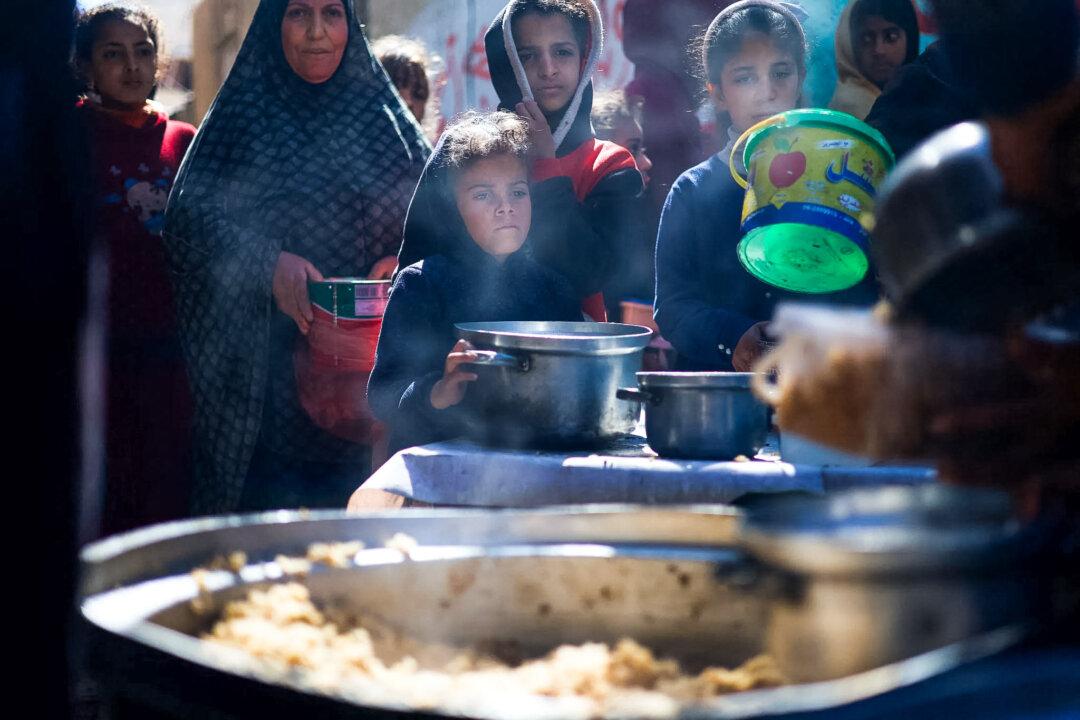Israel’s security cabinet authorized increased aid to Gaza on Thursday night after President Joe Biden warned Prime Minister Benjamin Netanyahu that U.S. policy toward the war could change without improved humanitarian access for Palestinians.
In a statement issued to Israeli media on Thursday night, the government said it will take “immediate steps to increase humanitarian aid to the civilian population in the Gaza Strip.”





